Whiteheads On Nose: Causes, Treatments, And Prevention
Take a deeper look into this acne condition and learn possible treatment options.
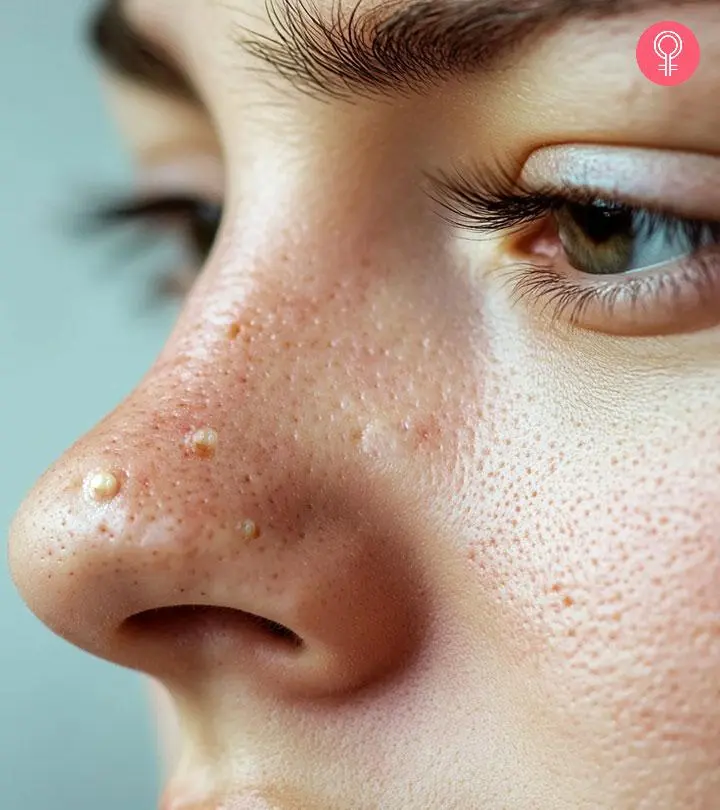
Image: Midjourney/ StyleCraze Design Team
Whiteheads are a moderate kind of acne that affects almost everyone. Whiteheads on the nose are closed comedones that occur due to clogged pores caused by excess oil, among other things. This article delves into everything there is to know about whiteheads on the nose, including their causes, possible treatments, whether they can be eliminated, and some preventive tips. Keep reading to learn more!
In This Article
How Are Whiteheads Formed On The Nose?
Mild acne occurs when excess sebum, keratinous material, dead cells, and dirt clog the sebaceous glands in your skin’s pores (1), (2). This clogging allows bacteria to colonize the pore, leading to closed comedones or whiteheads. Whiteheads may be white to flesh-toned in color. They can appear anywhere on the body, but they are mostly noticed on the T-Zone of the face – nose, chin, and forehead.
But, why do these comedones or whiteheads form? Find out in the next section.
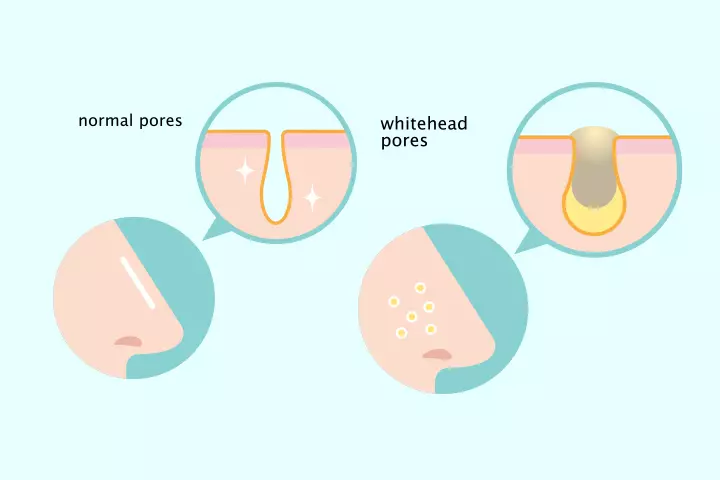
Key Takeaways
- Whiteheads can appear anywhere on the body, but they are mostly noticed on the nose, chin, and forehead.
- Genetics plays a role in developing acne and whiteheads on your nose.
- Dapsone can help treat the redness and inflammation caused by whiteheads.
Causes Of Whiteheads And Comedonal Acne
1. Acne-Causing Bacteria
is a bacteria known to cause acne. This bacteria can get clogged in your pores and lead to the formation of whiteheads and other types of breakouts like pimples and blackheads on your face, including on your nose (1). It may also cause black heads on the nose!
2. Lifestyle
Lifestyle factors also play a significant role in the development of whiteheads on your nose.
Stress, pollution, urban noise, variations in sleep patterns, smoking, and ultraviolet radiation from the sun can be potential risk factors that cause whiteheads (1).
3. Dietary Factors

If you’re not careful, your diet can increase the chances of whiteheads on your nose. A study found that the sebum of people with acne contains less essential free fatty acids, like linoleic acid (1). Thus, it is important to eat foods that are high in healthy fatty acids and avoid junk food that contains trans fats and other unhealthy fats.
4. Genetics
Your genetics also play a role in the development of acne and whiteheads on your nose
. Several studies have found that if you have immediate family members, the chances are higher that you will develop acne and whiteheads (1).
5. Hormonal Changes
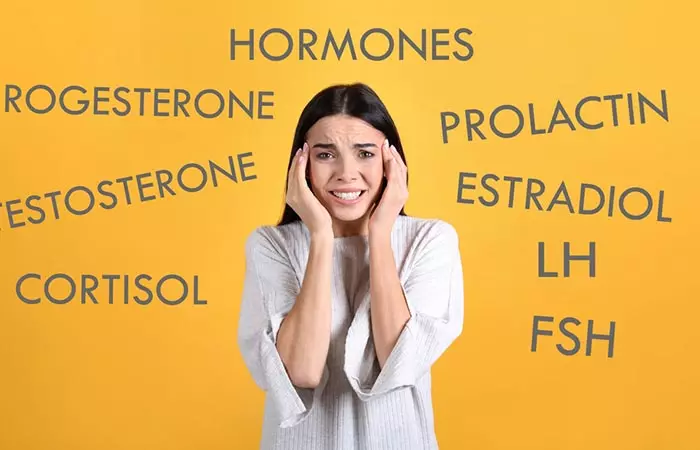
Changes in your hormone levels can cause the sebaceous glands on your nose to produce more sebum than your skin needs, which can lead to whiteheads (1). In addition, stress can cause hormonal fluctuations that raise the skin’s oil production and aggravate the development of whiteheads.
 Quick Tip
Quick TipWhiteheads are common in teenagers due to erratic hormones. But adult men and women in the 25-45 age group also can be affected by it.
Now that you know what could be causing the whiteheads on your nose, let’s take a look at the treatments you can try out.
Treatments
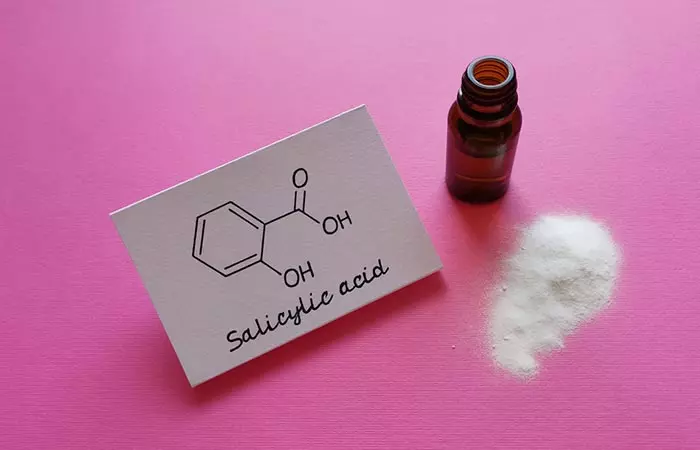
Whiteheads are generally treated with topical retinoids, salicylic acid, and benzoyl peroxide. There are other ingredients such as azelaic acid, antibiotic medication, dapsone, topical erythromycin, and topical clindamycin that can also be used to treat mild to moderate acne (3).
- Benzoyl Peroxide: Benzoyl peroxide is commonly used to treat patients with acne. It is used in concentrations from 2.5-10% and various formulations (cream, gel, wash, foam, aqueous gel, leave-on, and wash-off). It is a comedolytic, keratolytic, anti-inflammatory agent with antimicrobial properties. It is bactericidal mainly against P. acnes by the production of reactive oxygen radicals and has not developed resistance (3).
- Salicylic Acid: Salicylic acid is a comedolytic agent that is available over the counter in 0.5 to 2% concentrations and in both wash-off and leave-on preparations. It is generally well-tolerated by people and can greatly benefit people with acne-prone and oily skin type (3).
Both benzoyl peroxide and salicylic acid are used in OTC, topical, and acne treatments and are commonly paired together for improved effectiveness.
- Antibiotics: Topical antibiotic medications have anti-inflammatory and antibacterial effects. The main topical antibiotic medications are clindamycin and erythromycin. Topical antibiotic medications are best used in combination with benzoyl peroxide (3).
- Retinoid: Topical retinoid medications are often used as the first line of treatment for people with mild-to-moderate acne, especially comedonal acne.
- Azelaic Acid: Azelaic acidacts as a comedolytic (comedone inhibiting), antimicrobial, and anti-inflammatory agent.
- Dapsone: Dapsone, like other topical antibiotic treatments, treats the redness and inflammation caused by whiteheads.
- Oral Antibiotic Medications: Oral antibiotic medications are commonly prescribed to people with mild-to-moderate acne on whom topical medications haven’t worked. They are also used as the primary acne treatment in people with moderate-to-severe inflammatory acne. Oral antibiotic agents may be used in combination with a topical retinoid and benzoyl peroxide, if it can be tolerated (3).
Apart from these treatments and medications, you can also use peels and pore strips to treat whiteheads on the nose.
Learn to prevent whiteheads instead of having to treat them! Listed below, in the next section, are some tips you can use to ensure you don’t have frequent whitehead breakouts. Scroll down to know more about them.
Prevention Tips For Whiteheads
Here are prevention tips for whiteheads:
- Cleanse and moisturize your skin daily to prevent pore blockages and buildup.
- Avoid touching your face too much to reduce the transfer of dirt and oils from your hands.
- Choose skincare and cosmetics products that do not clog pores.
- Use sunscreen every day to avoid UV ray damage and irritation that can lead to whiteheads.
- Stay hydrated and maintain a balanced diet to support clear, healthy skin.
 Quick Tip
Quick TipIt is a myth that blood purifying products can treat whiteheads and other types of acne. Blood purity has nothing to do with acne.
Many people squeeze and pop their whiteheads. But, is that healthy or safe? Find out below.
Should You Squeeze Or Pop Whiteheads?
Whiteheads should not be squeezed as it can spread the acne-causing bacteria to the surrounding area, causing more acne breakouts and eventually leading to blemishes.
Popping whiteheads is considered safe, but do not pop them on your own. If you pop them incorrectly, it can cause scarring. The bacteria in the comedones can also spread easily and cause breakouts on other parts of your face. Instead, consult a dermatologist. They can pop the comedones easily, prevent potential scarring, and ensure proper hygiene, essential for effective treatment. There are other methods of extraction they may use to remove whiteheads.
Now, let’s answer the most important question.
Is It Possible To Get Rid Of Whiteheads Permanently?
The question that arises is, how to get rid of whiteheads? Whiteheads may remain on your nose for a long time, but they fade away on their own eventually. There are a few remedies to reduce the appearance of these open comedones. Here are some ways to treat whiteheads
- Over-The-Counter Medication
You can use over-the-counter moisturizers, cleansers, and other skin care products that are specifically formulated to treat acne and whiteheads. They usually contain benzoyl peroxide or salicylic acid. If you don’t notice a reduction in the whiteheads, consult a dermatologist. They can provide you with a more focused treatment plan.
- Prescription Medication
There are oral antibiotics that can treat acne. A dermatologist can also help you get prescription-grade skin care that contains higher doses of the active ingredients found in over-the-counter products.
- Skin treatments
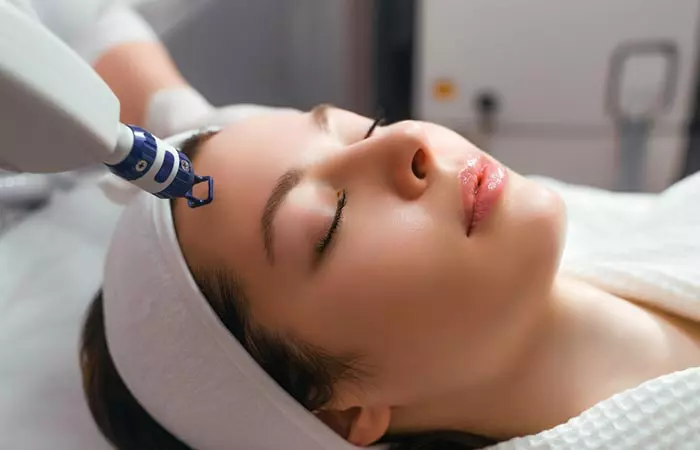
Laser treatments and chemical peels are recommended for more severe forms of acne and whiteheads. These treatments primarily serve to make acne scars less noticeable, but they may also help prevent future breakouts (4).
Check out the risks you should be aware of in the next section.
Risks To Be Aware Of
Nursing and pregnant women experience hormonal changes that can cause whiteheads and acne breakouts. If you are pregnant or breastfeeding, consult a dermatologist before trying any products or medication on your own. Erythromycin is the oral antibiotic medication that is usually prescribed to pregnant people with acne (3).
If you do not want to take medicines, you may try the following remedies to manage whiteheads at home. Check out the section below.
Home Remedies For Whiteheads On Nose
are often confused with whiteheads. However, they are different and need to be treated differently. Whiteheads on the nose can be treated with simple home remedies. Here are some effective options:
- Facial Steaming: It helps decongest the pores, making it easier to remove whiteheads.
- Baking Soda: It is abrasive and may help exfoliate the skin and remove whiteheads. Use a paste of water and baking soda once or twice weekly.
- Honey And Cinnamon: Honey possesses antibacterial properties and cinnamon is known to have anti-inflammatory properties (5), (6). Mix them and apply the paste to the affected area.
- Tea Tree Oil: It has antibacterial effects and can be diluted and used as a spot treatment to eliminate whiteheads (7).
- Witch Hazel: It reduces inflammation caused by acne and whiteheads (8). Apply it to the affected areas with a cotton pad.
Learn how to use turmeric to remove whiteheads from your nose! Click the video below to learn an easy and effective way to get rid of those pesky whiteheads.
Infographic: What Causes Whiteheads On The Nose + Treatment Methods
Whiteheads on the nose can be very frustrating. Knowing the causes behind them can help you get the right treatment on time. What are the different factors behind whiteheads on the nose and the different treatment options available? Scroll down and check out the infographic to learn more.
Some thing wrong with infographic shortcode. please verify shortcode syntaxWhiteheads are a mild type of acne that develops when your pores are clogged with dirt, oil, or dead skin. Factors such as poor lifestyle, genetics, or hormonal imbalance result in the development of whiteheads on your nose. You can opt for over-the-counter medications and topical creams such as clindamycin, benzoyl peroxide, or retinoids for treating whiteheads. If you have a severe form of acne, you can opt for medical procedures such as laser treatment for whitehead removal. Pregnant and nursing women should consult their doctor before they use any product on their own.
Frequently Asked Questions
What skincare routine is best for preventing whiteheads?
Cleanse twice daily, exfoliate once a week, and apply sunscreen and non-comedogenic moisturizers to avoid whiteheads. For clearer skin, use spot treatments while maintaining a healthy lifestyle.
Are there any specific diets that help reduce whiteheads?
Consuming a diet high in fruits, veggies, whole grains, and omega-3 fatty acids may help prevent whiteheads by decreasing inflammation and enhancing skin health. Preventing breakouts also requires limiting high-glycemic foods, cutting back on dairy, and maintaining hydration.
Does apple cider vinegar get rid of whiteheads?
Yes, the antibacterial properties of ACV can help clear whiteheads.
Mix 2-3 tablespoons of ACV with warm water and apply to your face. Rinse after about 20 minutes for best results.
How does baking soda get rid of whiteheads?
Baking soda helps clear whiteheads by balancing the skin’s natural pH.
What is the difference between milia and whiteheads?
Milia are small white bumps that occur on the skin due to trapped keratin underneath the skin surface. Whiteheads, on the other hand, occur due to clogged pores and could also contain pus.
Can tea tree oil get rid of whiteheads?
Yes, tea tree oil is a natural way to help clear whiteheads over time.
Does lemon juice get rid of whiteheads?
Yes, high in ascorbic acid, lemon juice can help clear whiteheads. However, make sure to do a patch test if you have sensitive, acne-prone skin.
Is aloe vera good for whiteheads?
Yes, aloe vera helps cleanse your skin and remove the excess oil. Mixed with a few drops of lemon, it can help clear whiteheads eventually.
References
Articles on StyleCraze are backed by verified information from peer-reviewed and academic research papers, reputed organizations, research institutions, and medical associations to ensure accuracy and relevance. Read our editorial policy to learn more.
- Acne Vulgaris
https://www.researchgate.net/publication/281845863_Acne_Vulgaris - A Brief Review on Acne Vulgaris: Pathogenesis Diagnosis and Treatment
https://www.researchgate.net/publication/271072186_A_Brief_Review_on_Acne_Vulgaris_Pathogenesis_Diagnosis_and_Treatment - A review of diagnosis and treatment of acne in adult female patients
https://www.ncbi.nlm.nih.gov/labs/pmc/articles/PMC5986265/ - Laser Treatment of Acne Vulgaris
https://www.ncbi.nlm.nih.gov/labs/pmc/articles/PMC2884837/ - Antibacterial Potency of Honey
https://www.ncbi.nlm.nih.gov/pmc/articles/PMC6589292/ - Antiinflammatory Activity of Cinnamon (Cinnamomum zeylanicum) Bark Essential Oil in a Human Skin Disease Model
https://www.ncbi.nlm.nih.gov/pmc/articles/PMC5518441/ - Melaleuca alternifolia (Tea Tree) Oil: a Review of Antimicrobial and Other Medicinal Properties
https://www.ncbi.nlm.nih.gov/pmc/articles/PMC1360273/ - Moisturizers for Acne
https://www.ncbi.nlm.nih.gov/pmc/articles/PMC4025519/
Read full bio of Dr. Manasi Shirolikar
Read full bio of Anjali Sayee
Read full bio of Ramona Sinha
Read full bio of Medha Deb







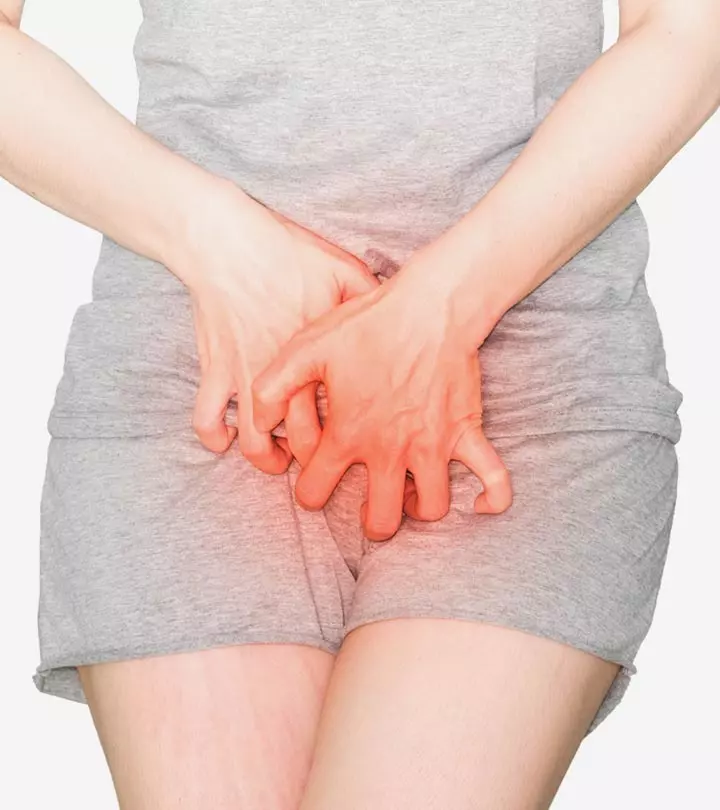
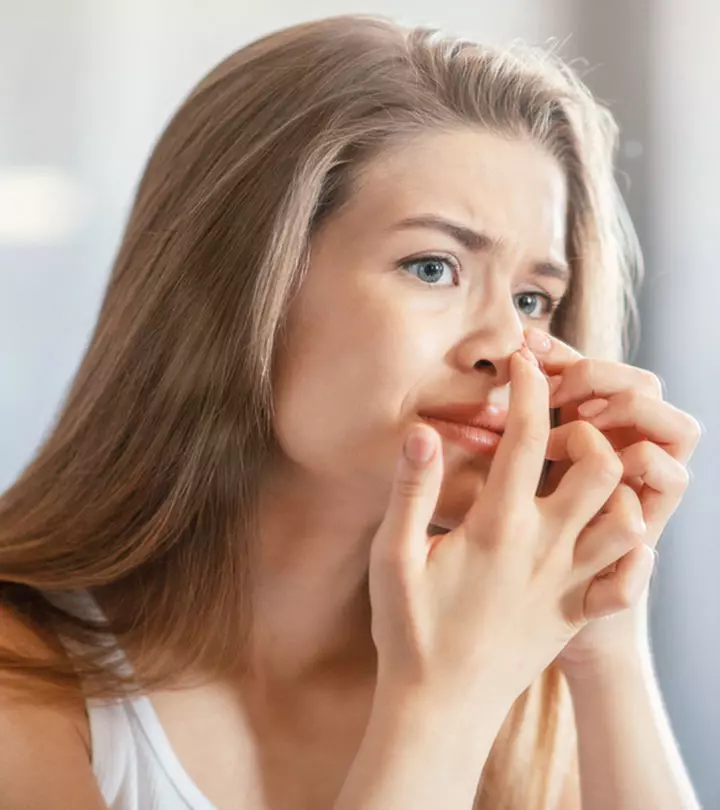
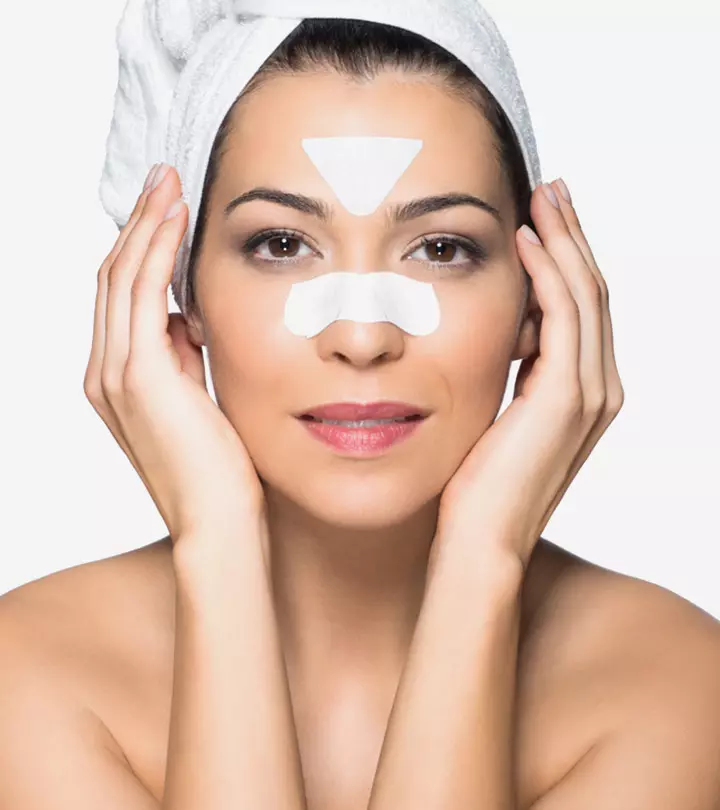
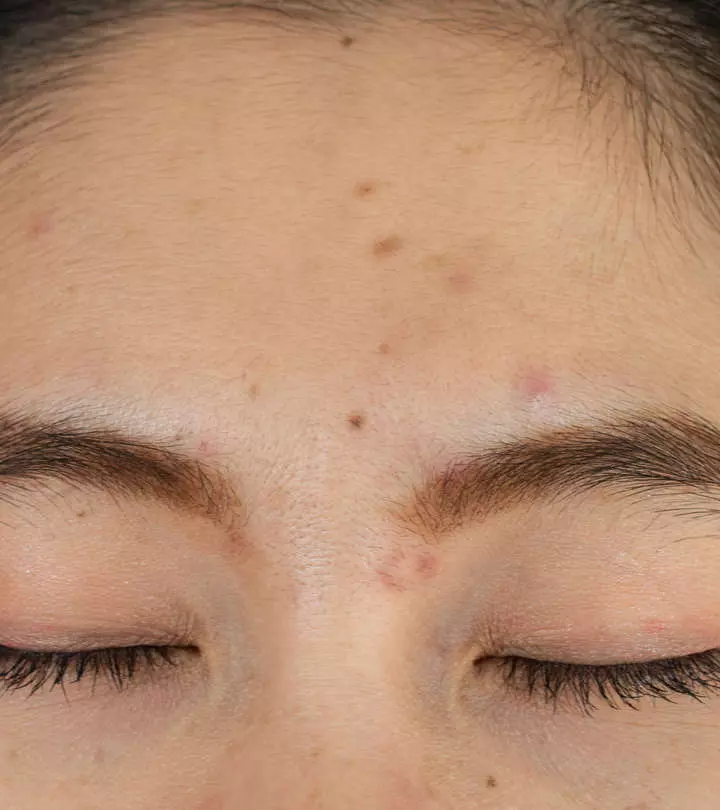
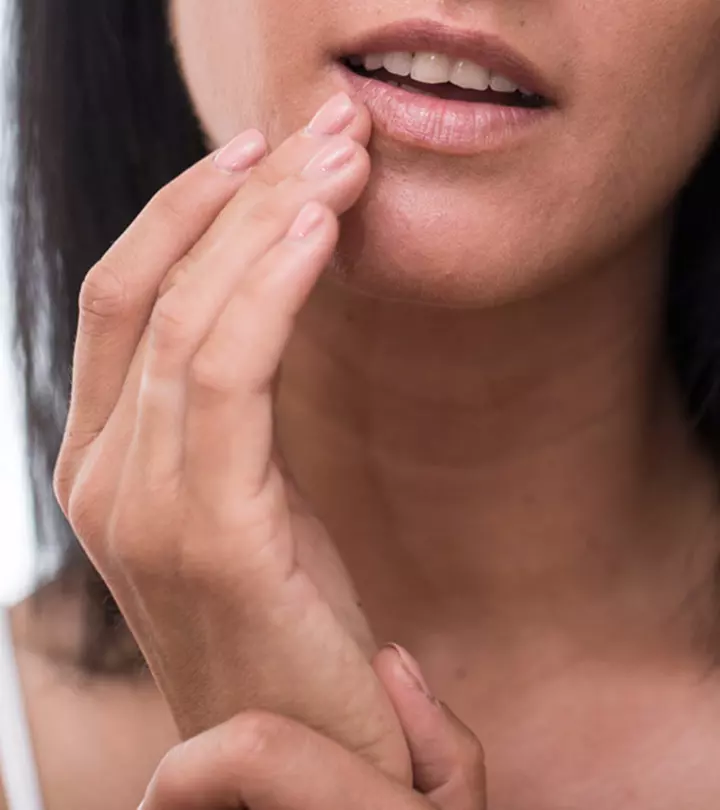
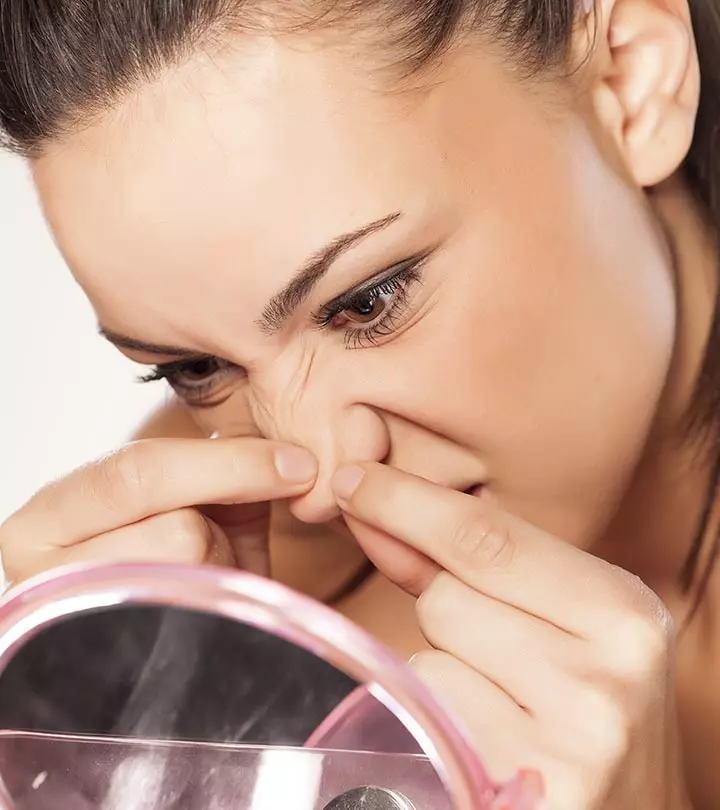
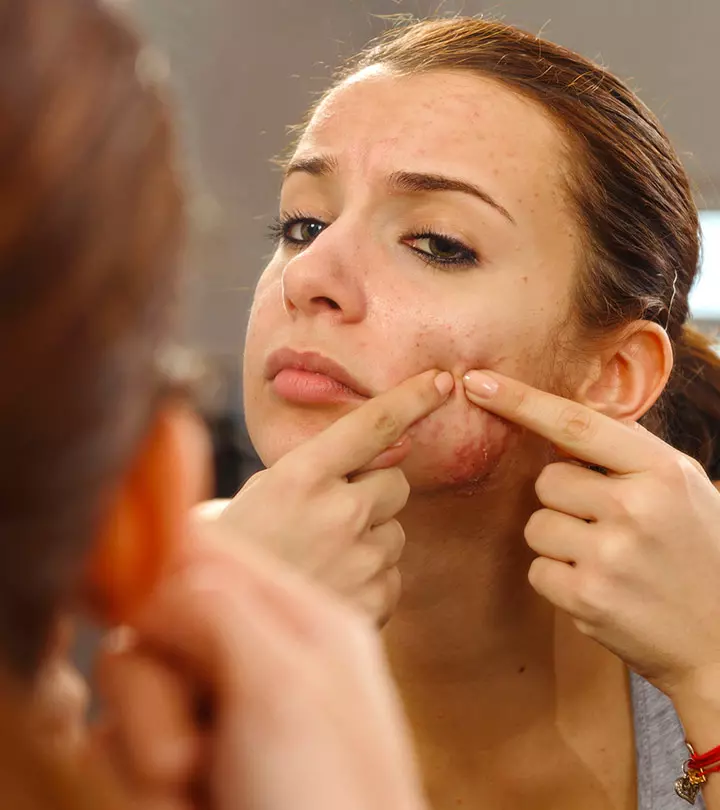
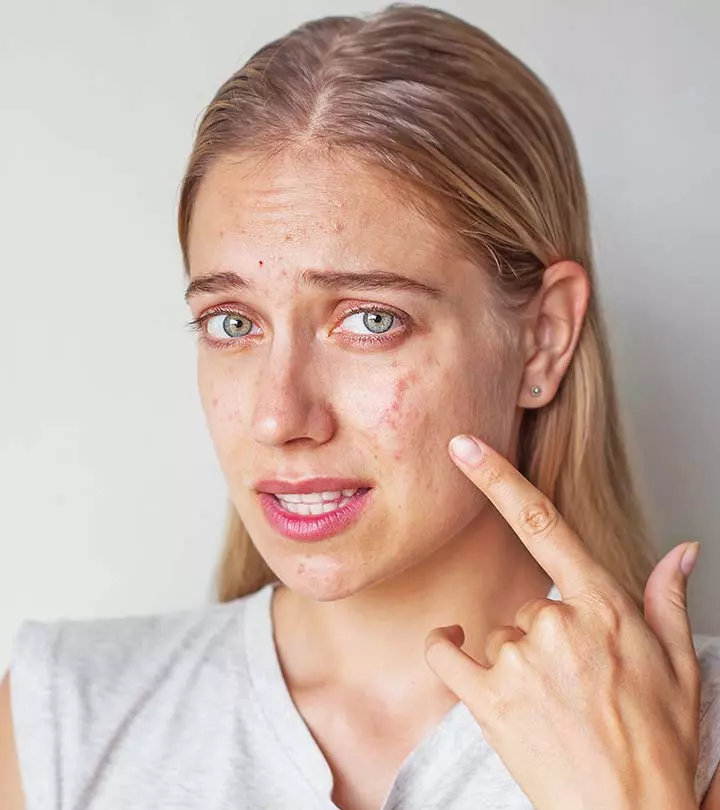
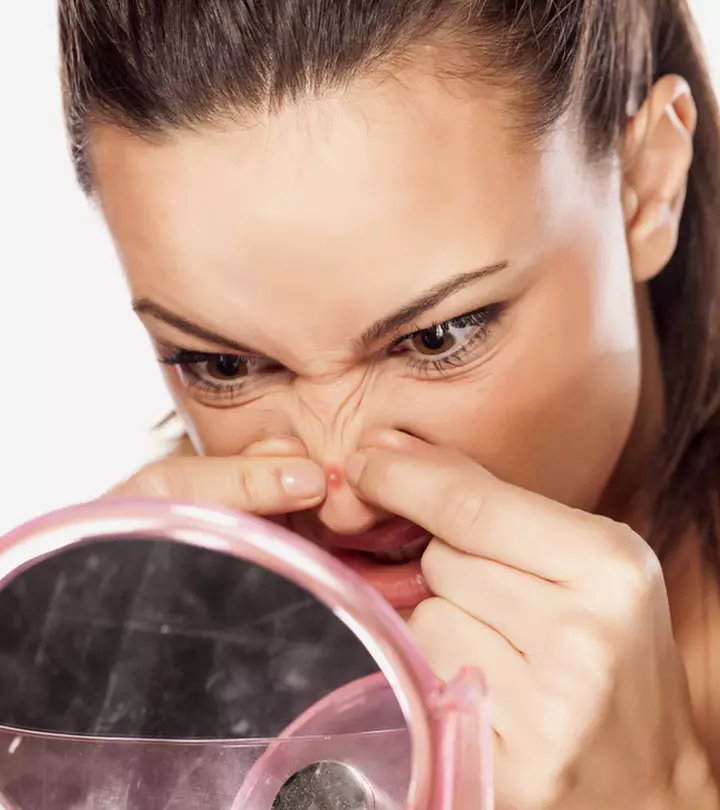
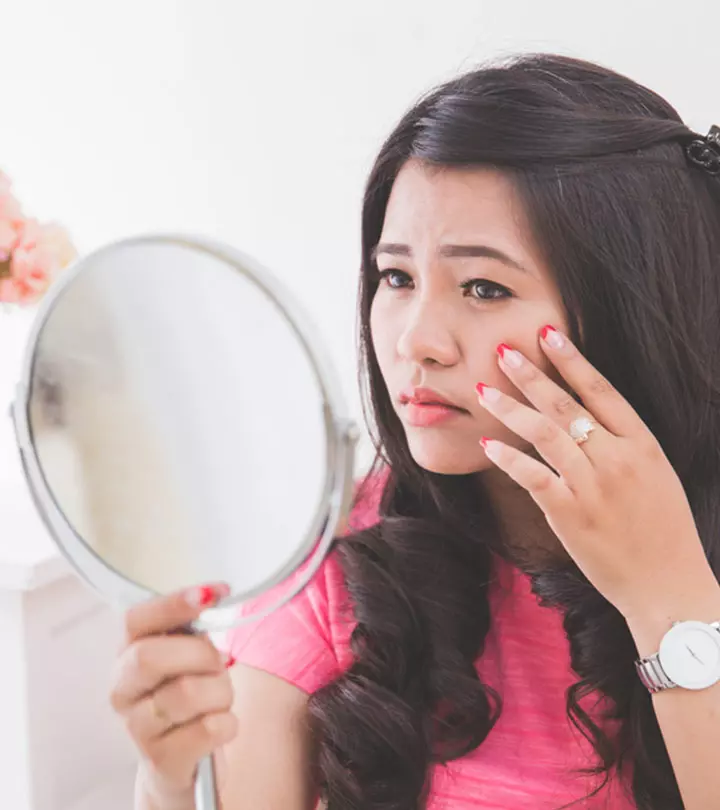
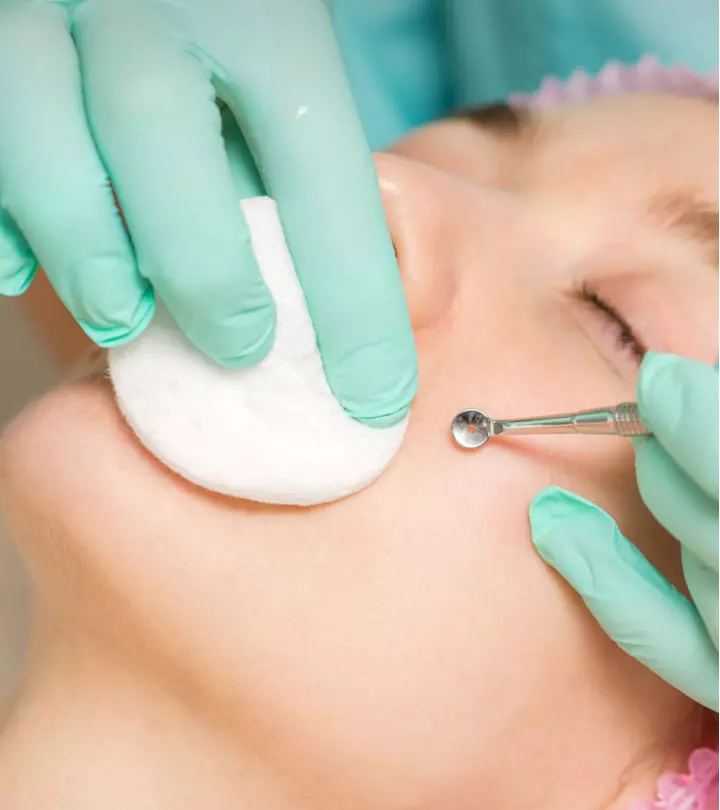
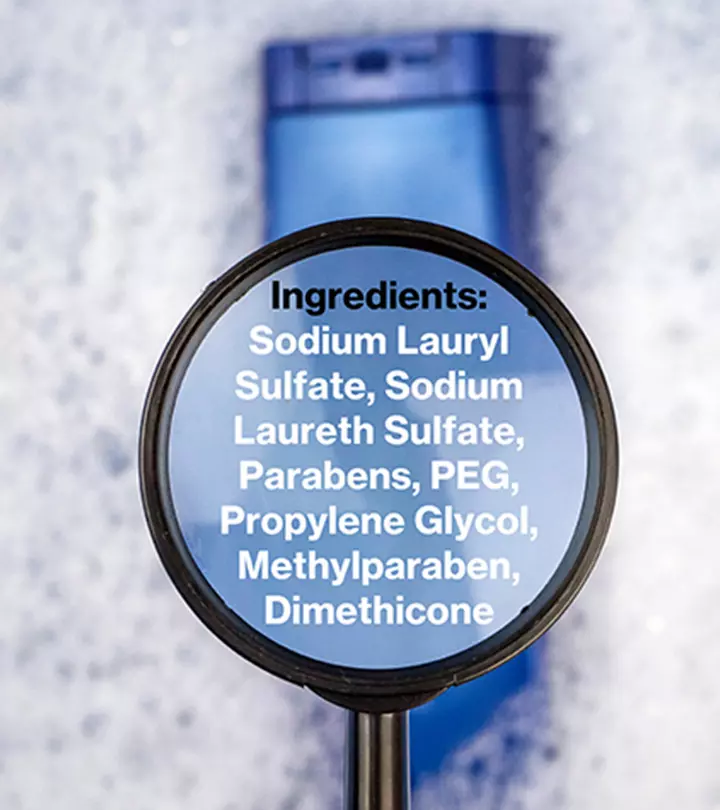
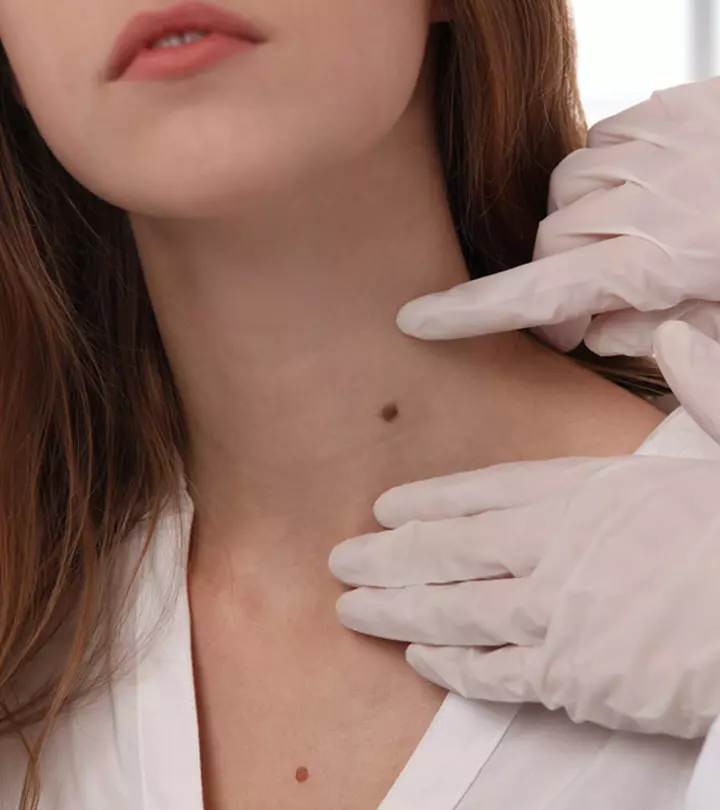
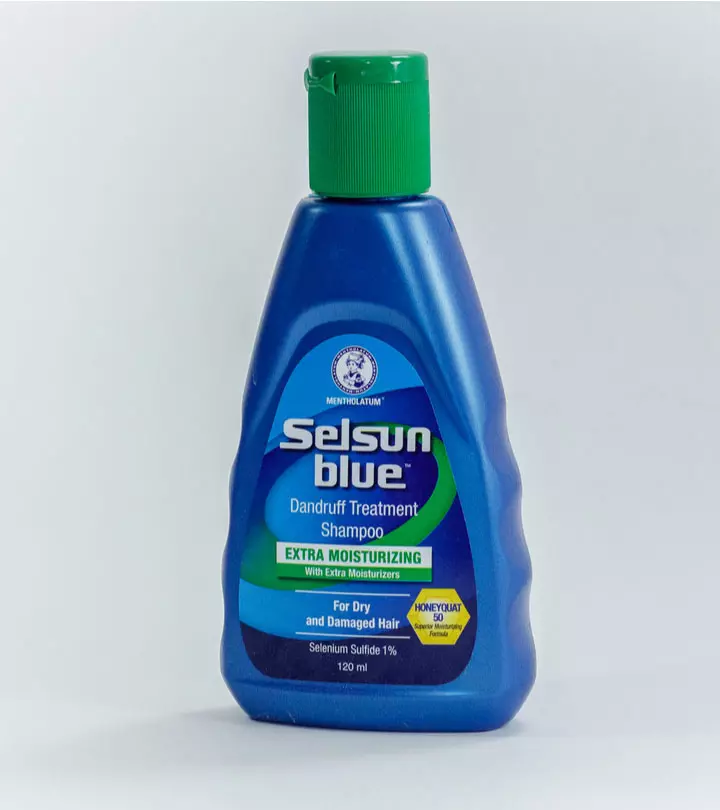
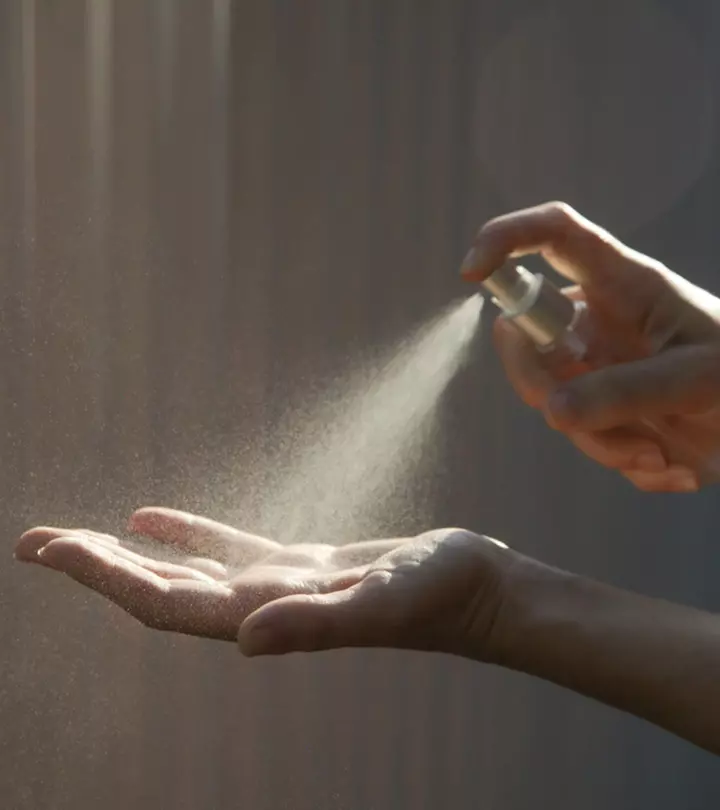
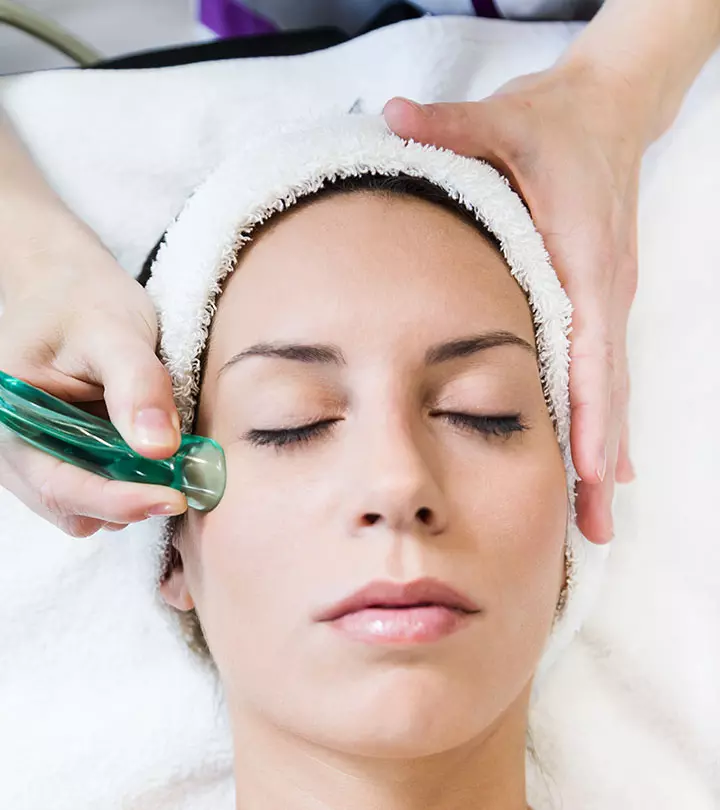
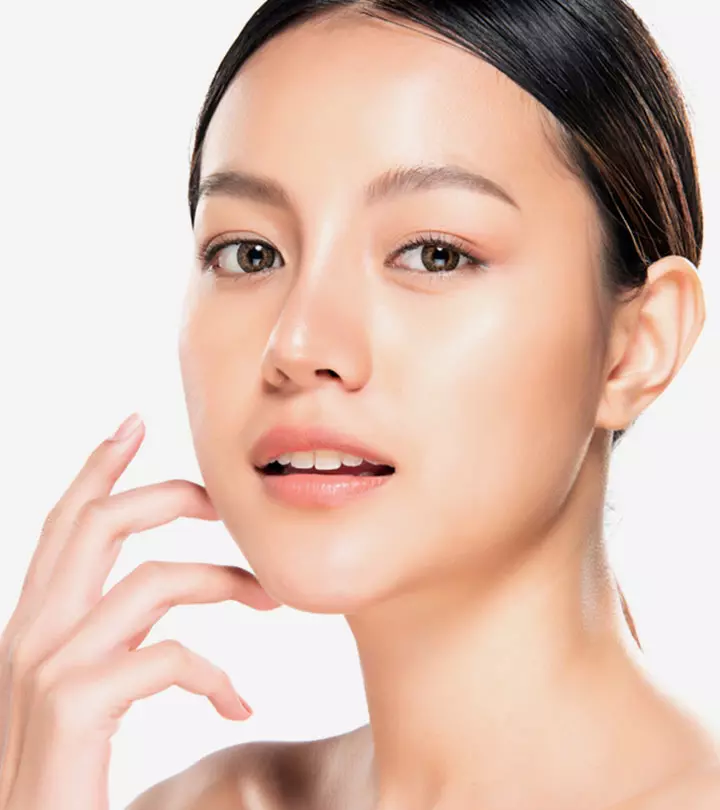
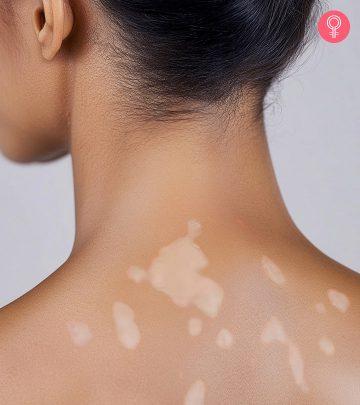
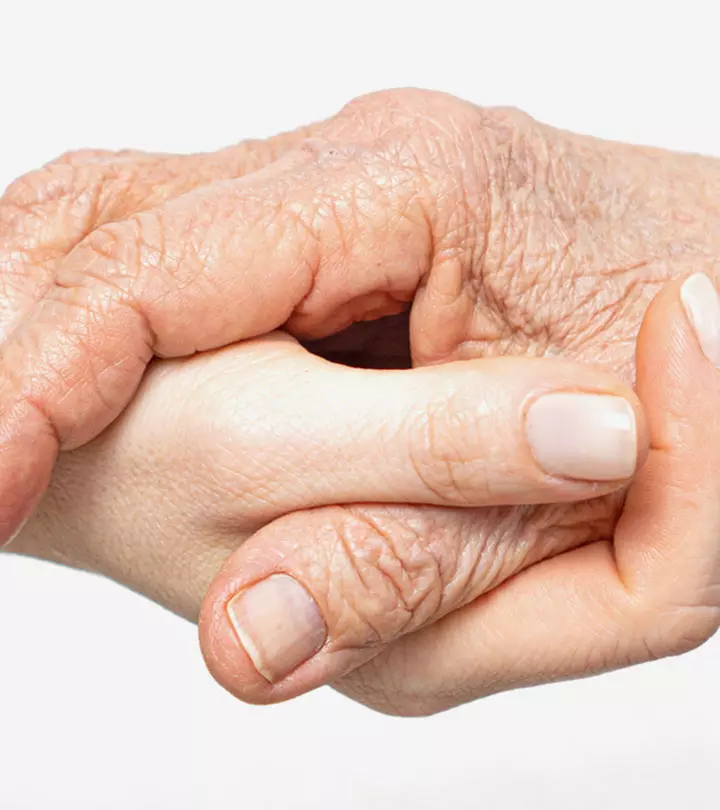
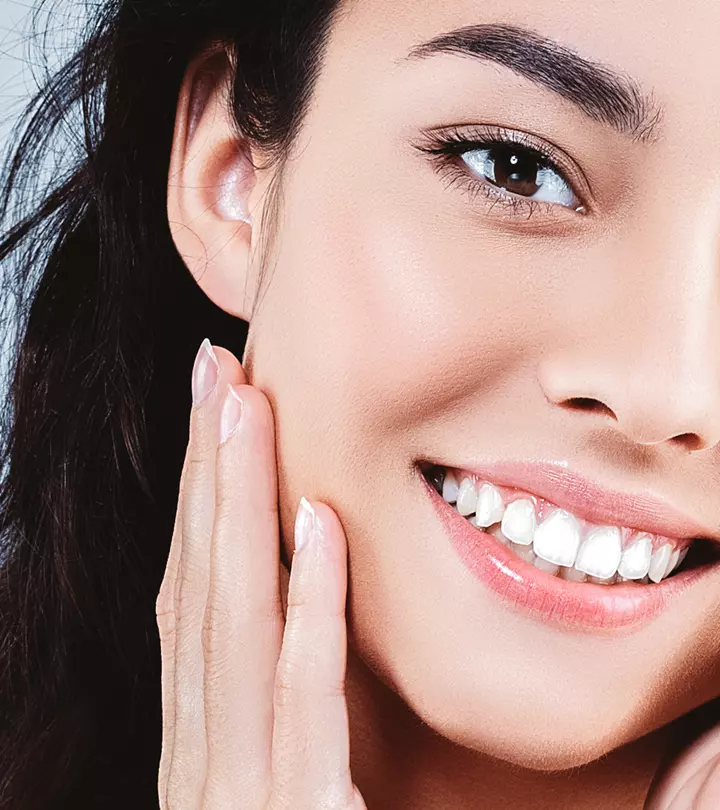
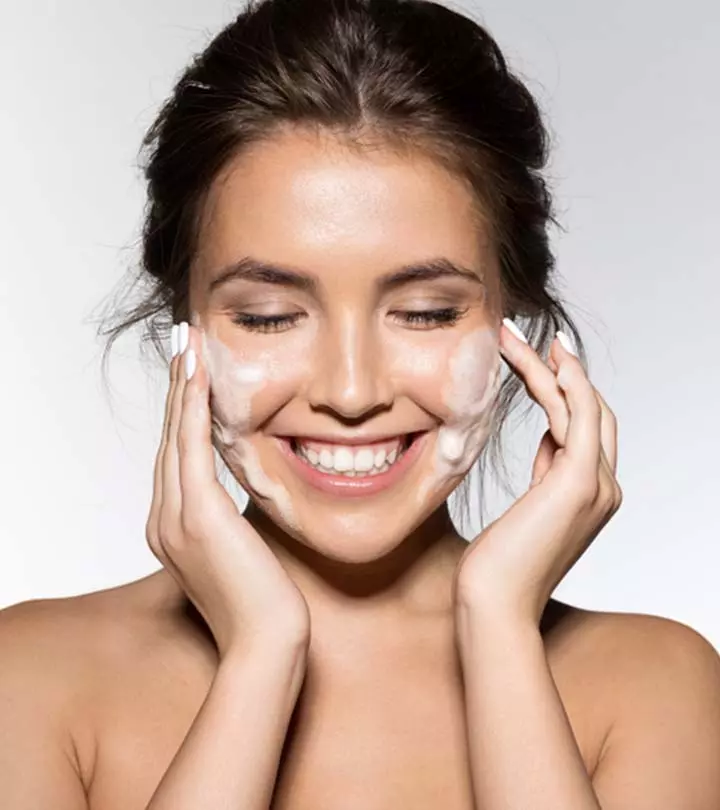
Community Experiences
Join the conversation and become a part of our empowering community! Share your stories, experiences, and insights to connect with other beauty, lifestyle, and health enthusiasts.